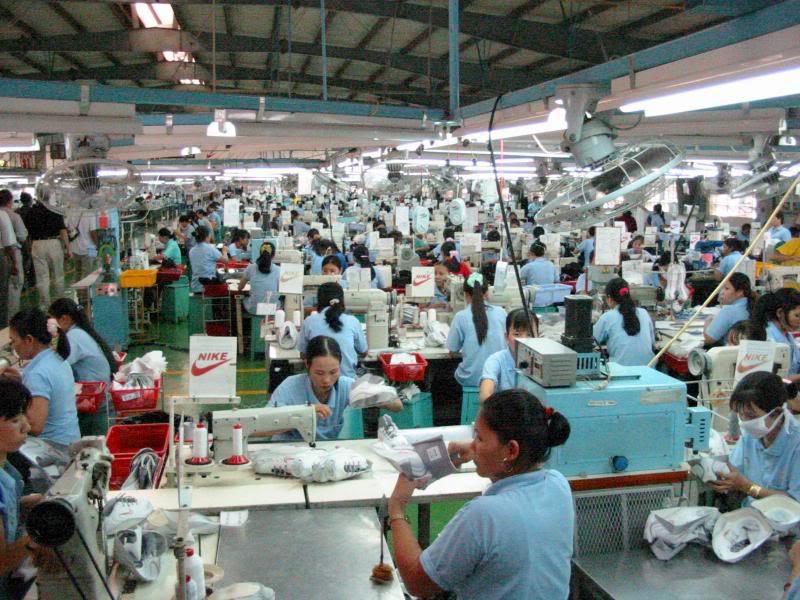
European companies are warning of worsening supply disruptions and potential production shutdowns due to China’s continued restrictions on rare earth exports, according to the European Union Chamber of Commerce in China.
Despite a July agreement between Beijing and Brussels aimed at expediting export licenses for critical raw materials, the Chamber says there has been little to no progress.
“Despite the commitments made at the EU-China summit on July 24, our members are still encountering serious delays,” said Jens Eskelund, president of the Chamber, during a press briefing on Tuesday.
The restrictions have already caused significant setbacks for European automakers and chip manufacturers, many of whom rely heavily on China’s near-monopoly in refining rare earth elements. These materials are essential for a wide range of industries, including automotive, electronics, and defense.
China imposed tighter export controls following tariff escalations by former US President Donald Trump. Although Beijing maintains that the restrictions are “non-discriminatory,” European companies report they are being hit hard.
During the high-level July summit, Chinese President Xi Jinping and European Commission President Ursula von der Leyen agreed to accelerate license approvals. However, the European side had pushed for broader concessions including longer-term licensing and the elimination of export permits altogether which were not granted.
Now, just two months later, the Chamber says the situation has deteriorated. Only about 25% of the 140 export license applications it has tracked have been approved, Eskelund revealed. The Chamber is also receiving a growing number of complaints from companies affected by shipment delays.
“Many of our members are suffering financial losses as a direct result of these bottlenecks,” Eskelund said, adding that some firms are submitting applications preemptively, anticipating delays that could lead to significant disruptions.
Although Chinese customs data show an increase in rare earth magnet exports including to Europe since June, the flow remains inconsistent and unreliable, leaving many European businesses in limbo.
The Chamber now expects further production halts in the coming months unless a more stable and transparent export framework is put in place.
Erizia Rubyjeana



